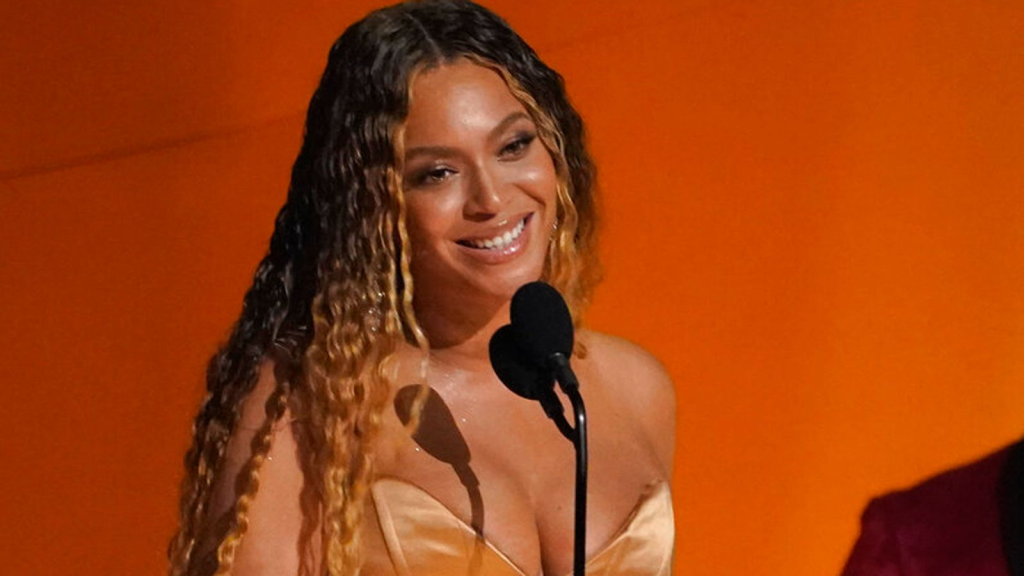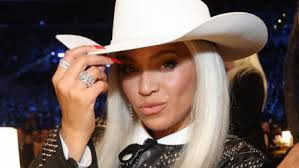Before we delve into the recent successes and significant moments at the Grammy Awards, it’s important to acknowledge the importance of representation and diversity in the music industry. Historically, country music, like many other genres, has been largely dominated by white artists, often overlooking the contributions of black musicians. However, in recent years there has been a welcome shift towards greater inclusivity, with artists from diverse backgrounds making significant strides and breaking down barriers. This progress is evident not only in the achievements of individual artists but also in the changing landscape of music charts and awards shows. When we celebrate the achievements of black artists like the trailblazing woman who topped Billboard’s Hot Country Songs chart, it’s a testament to the evolving and more inclusive nature of the music industry.
Her song “Texas Hold ‘Em” made her the first black woman to top Billboard’s Hot Country Songs chart.
But first, let’s talk about her and Jay-Z’s recent performance at the Grammys.
At the Grammy Awards, Jay-Z, the famous rapper responsible for singles like “Empire State of Mind,” received the prestigious Dr. Dre Global Impact Award.
He took the opportunity of his acceptance speech to pay tribute to the pioneers of hip-hop who paved the way for musicians like himself. Jay-Z acknowledged the huge contribution to the genre by iconic people like Dr. Dre, Run-DMC, Jazzy Jeff, and The Fresh Prince (Will Smith).
The release of Beyoncé However, things took an unexpected turn when Jay-Z took aim at his wife, Beyoncé. Jay-Z blasted the Grammys for consistently ignoring Beyoncé’s records when it came to the “Album of the Year” award.
Jay-Z’s impassioned speech at the Grammy Awards not only celebrated his own achievements but also shed light on systemic biases in the music industry, particularly when it comes to recognizing black artists and their work. By highlighting the oversight of Beyoncé’s albums in the “Album of the Year” category, Jay-Z highlighted the long-standing problem of the underrepresentation and undervaluation of black artists, particularly black women, in traditional awards ceremonies.
His remarks served as a call to action for greater diversity, inclusivity, and recognition of the cultural contributions of black artists to the music industry. While Jay-Z’s acceptance of Dr. Dre’s Global Impact Award was a moment to celebrate his own career, his defense of his wife and recognition of hip-hop’s pioneers underscored the importance of honoring and respecting the legacy of those who paved the way.
As the music industry continues to evolve, it is critical for awards and institutions to address and correct existing biases and disparities and ensure that all artists, regardless of race or gender, receive the recognition they deserve for their artistic achievements. Jay-Z’s powerful speech serves as a reminder of the ongoing work needed to create a fairer and more inclusive music industry for future generations of artists.




